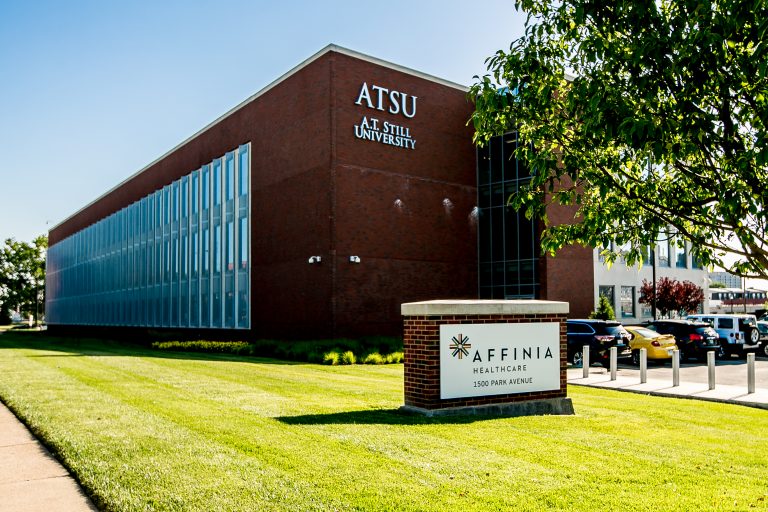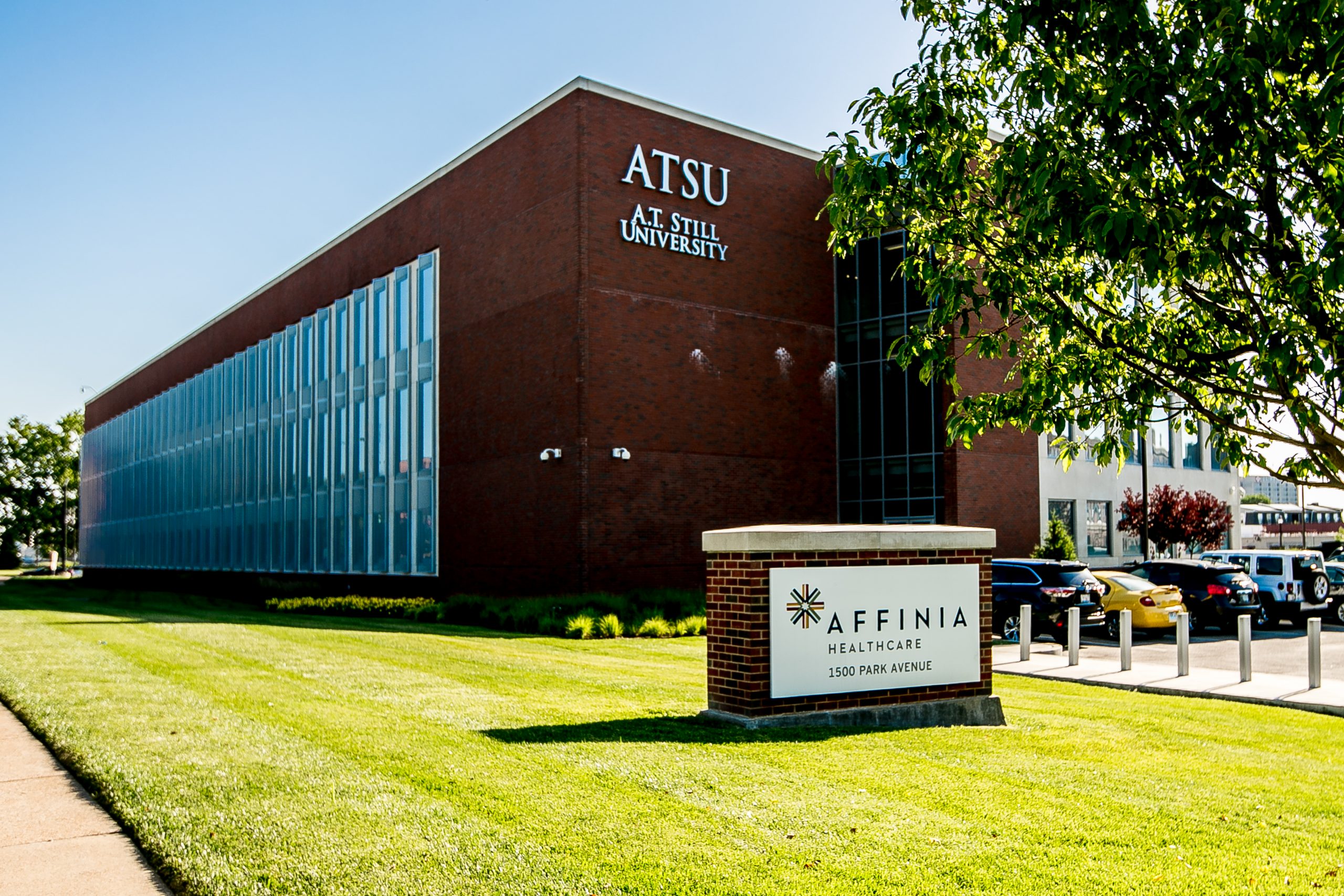ATSU program aimed at improving oral care for older adults enters its third year, sees results
Posted: August 22, 2022
On July 1, 2020, the St. Louis City Senior Fund awarded A.T. Still University of Health Sciences (ATSU) a three-year grant for more than $875,000 in support of the University’s project, “Improving Quality of Life: Oral Care for St. Louis Older Adults (OCOA).”
The project is designed to improve the oral health of St. Louis City residents who are 60 and older and live at or below 200% of the federal poverty line. Patients who qualify for the program receive dental care from ATSU’s Missouri School of Dentistry & Oral Health (ATSU-MOSDOH) students at the St. Louis Dental Center. Program participants also learn about proper oral hygiene.
As OCOA enters its third year, ATSU faculty member Patricia Inks, RDH, MS, one of the project’s two directors, is pleased to share the project has exceeded its goal of treating at least 300 people upon the program’s completion. Inks is the assistant professor and director of dentistry in the community and integrated community service partnerships.
As of July 6, 2022, the program had 350 class participants and 337 of those participants have become patients. Approximately 300 patients are in active treatment with a waiting list of 53 people.
For Inks, the project not only enriches the patients’ lives, but it is also extremely beneficial for ATSU dental students. Every third- and fourth-year dental student has seen and treated at least one patient from this project.
“The project fulfills the educational needs of the students and helps them serve the community that we live in,” she said. “It provides students great experiences with special needs patients (older adults who might have comorbidities) and allows them to have a steady group of patients.”
Before the project’s inception, Inks was very involved in the St. Louis community and extremely focused on community outreach. She often traveled to different independent living facilities to educate the community and provide dental screenings. So many of the people she saw were unable to afford treatment, even at a discounted rate.
So far, Inks and her team have planned $322,000 worth of treatment. According to Inks, at least 60% of patients need one or more of their teeth extracted. In addition, the patients may receive a variety of treatments and appliances, including root canals, fillings, and partials/dentures. Most, if not all, of these treatments would not be covered under Medicaid.
In this final year Inks wants to complete all treatment plans and fulfill the commitments to all patients in the program. She also wants to continue collecting survey data from patients to show how providing functional oral health improves overall health.
“We’re really hoping to get additional funding,” she said. “This program has been so beneficial.”
